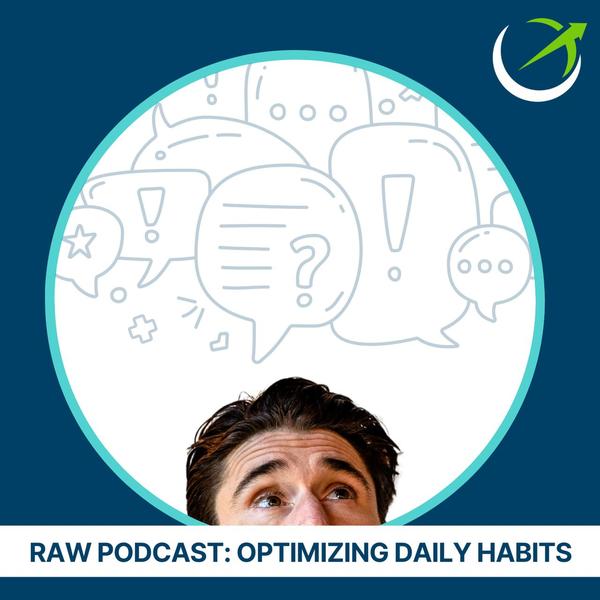Dietary Diversity or Carnivore: Which Fuels Better Health, Longevity, and Performance? Dr. Shawn Baker & Joel Greene Debate
Ben Greenfield
Sep 27, 2025
Mindsip insights from this episode:
Measure two methylbutyl carnitine to assess metabolic distress on keto
You can measure a specific marker called 'two methylbutyl carnitine' to check for metabolic distress that may arise from prolonged keto or carnivore diets.
Beware long-term ketosis risks from high-fat diets
A potential long-term liability of high-fat diets is that the body's ability to burn fat (beta-oxidation) can outpace its ability to use the energy (TCA cycle), leading to an accumulation of stressful intermediates called acylcarnitines.
Utilize carnivore diet as short-term therapeutic tool
The carnivore diet is best viewed as a short-term therapeutic tool for three to six months to address issues like autoimmune conditions or gut problems, not necessarily a lifelong diet for everyone.
Experience enhanced focus and muscle pump with Outlier pre-workout
The pre-workout 'Outlier' uses paraxanthine, a cousin of caffeine, along with Cognizin for focus and 3T (betaine nitrate) for a significant muscle pump.
Incorporate grains to enhance muscle synthesis in high-protein diets
Adding about 50 grams of grains per thousand calories to a high-protein diet has been shown to improve muscle synthesis rates, demonstrating a synergy between food groups.
Live normally without a colon after colectomy
People who undergo a colectomy (colon removal) can live a normal lifespan, which questions the absolute essentiality of the colon's microbiome for long-term health.
Distinguish protein putrefaction from fiber fermentation for gut health
The bacterial breakdown of protein in the colon is called putrefaction and produces ammonia, whereas fiber fermentation produces beneficial antioxidants and short-chain fatty acids.
Add fiber to prevent cancer from alkaline colon
Contrary to popular belief, an alkaline colon—which can be caused by high-protein, no-fiber diets—is a major cancer promoter, and this is easily solved by adding a small amount of fiber.
Question cholesterol reliability with dramatic fluctuations
A personal experiment showed that total cholesterol can fluctuate dramatically, rising from 154 to 345 in just 18 hours after fasting and exercise, questioning the reliability of a single blood test.
More from
Ben Greenfield
The Hidden Damage That Happens "Behind-The-Scenes" In The Adult Entertainment Industry, With Former Adult Actress Felicity Feline
Everything You Need To Know About SEED OILS (Including One Cool "Trick" To Make Them Less Damaging), With Dr. Nick Norwitz
How To COOL Your Body For Better Sleep, INCREDIBLE Travel Sleep Tips & Orion Vs. Eight Sleep With Dr. Michael Breus
The Untold Science Of Vibration Therapy & The “BioDrive” Breakthrough That Regulates Your Mind and Body, With Dr. Mike North
Optimizing Daily Habits: Snacking, Movement, Light Exposure, and More Wellness Hacks LIFE Network: RAW Podcast #3
You also might be interested in
Dr. Casey Means: Eat like THIS to reduce your Risk of Metabolic Disease!
Biohacking Fertility for Men and Women at Any Age
Improve Energy & Longevity by Optimizing Mitochondria | Dr. Martin Picard
Dr. Casey Means: Stop Ignoring Your Health — Do These 5 Free Tests!
How To Sculpt a Perfect Jawline WITHOUT Surgery

















